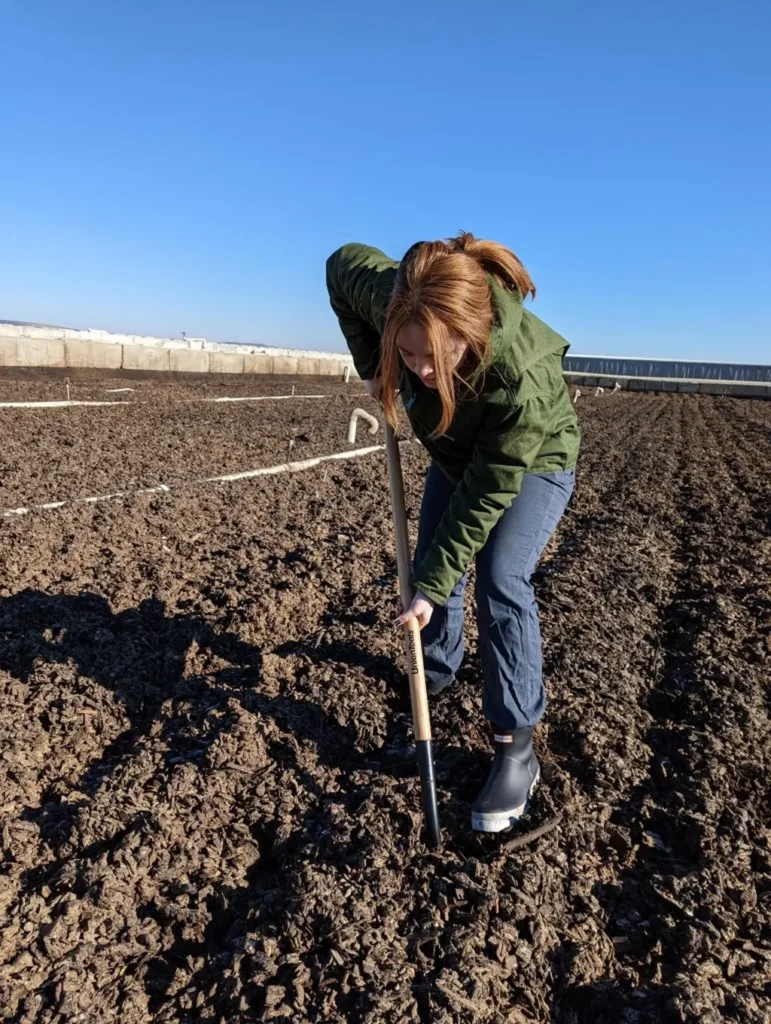In the heart of Salache, a region grappling with soil degradation, a groundbreaking study is reshaping the future of sustainable agriculture. Researchers, led by the lead author whose work is accessible via 10.5281/zenodo.14418601, have employed an innovative approach to evaluate the impact of organic fertilizers on soil recovery and crop productivity. The study, published in ‘Neutrosophic Sets and Systems’—which translates to ‘Neutrosophic Sets and Systems’ in English—offers a beacon of hope for farmers and environmentalists alike.
The research focused on the application of various organic fertilizers, including vermicompost, compost, and manure, to improve the chemical and physical properties of degraded soils. The team also examined their effects on the growth of Lupinus mutabilis and Pisum sativum, two crops of significant economic value. What sets this study apart is its use of Neutrosophic SuperHyperSoft Sets, a cutting-edge mathematical framework that allows for a more nuanced analysis of complex agricultural data.
“Our findings clearly indicate that vermicompost stands out as the most effective organic fertilizer for enhancing soil fertility and boosting crop yields,” stated the lead author. This conclusion is not just a win for farmers looking to improve their agricultural yields but also a significant step towards sustainable land management.
The implications of this research are far-reaching. For the energy sector, which often relies on vast tracts of land for biofuel crops, the adoption of sustainable agricultural practices could lead to more efficient and environmentally friendly energy production. “By improving soil health and crop productivity, we can enhance the sustainability of bioenergy feedstocks, making the entire energy sector more resilient and eco-friendly,” the lead author explained.
The study’s innovative use of Neutrosophic SuperHyperSoft Sets also opens new avenues for data analysis in agriculture. This approach allows researchers to handle uncertainty and vagueness in agricultural data more effectively, leading to more accurate predictions and better-informed decisions. As the lead author put it, “This method provides a powerful tool for analyzing complex agricultural systems, helping us to optimize practices and achieve better outcomes.”
The research not only highlights the potential of vermicompost and other organic fertilizers but also underscores the importance of adopting sustainable practices in modern agriculture. By embracing these methods, farmers can improve their yields while preserving the environment for future generations. The study’s findings are a call to action for the agricultural community to prioritize sustainability and innovation in their practices.
As the world grapples with the challenges of climate change and soil degradation, this research offers a glimmer of hope. It demonstrates that with the right tools and approaches, it is possible to achieve both economic and environmental goals. The study’s innovative use of Neutrosophic SuperHyperSoft Sets and its focus on sustainable practices set a new standard for agricultural research, paving the way for a more resilient and eco-friendly future.

